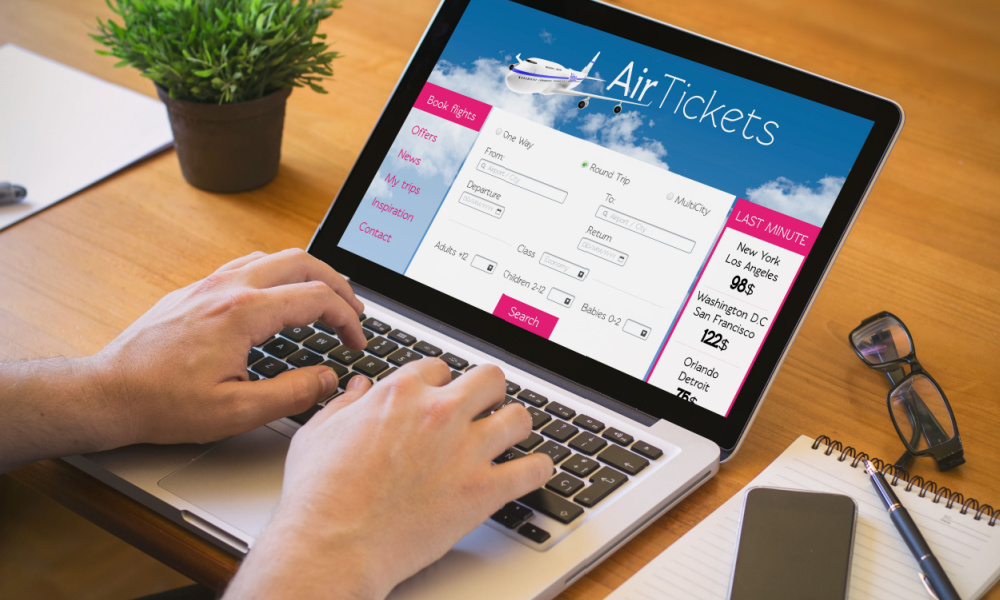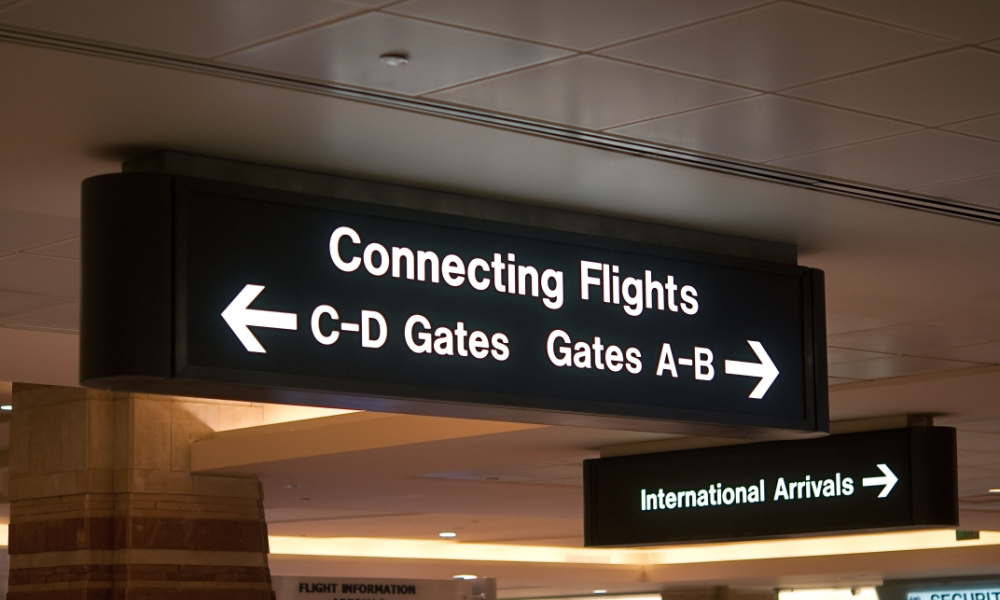Trying to figure out the best strategy to save money on airfare is not always easy. With so many myths about how to secure the best prices, it can be difficult to discern what practices are legit and which ones are rooted in fallacies. It is important to not believe all the hacks that you see on TikTok or on other internet sites. Here are six alleged hacks that are actually just myths.
MYTH: Fares Change Based on Search Behavior

While airlines do indeed track internet searches through the use of cookies, as many businesses do, there is no evidence that they use this information to manipulate the price of flights. Airlines use cookies to provide you with more relevant search results, including the right currency adjustments and your preferred language. And there are plenty of watchdogs out there keeping an eye on the airlines, so chances are if all that marketing data was having an impact on pricing, someone would have blown the whistle.
MYTH: Couples Get Charged More

You and your sweetie are going on a trip together. You book two seats together, but somehow the seats are priced differently. Is the airline taking on some kind of couples surcharge? No, you are not being charged more simply because you are booking a pair of tickets rather than a fare for a single passenger. The truth is that you can expect different seats within a plane to come with varying prices and perks, even two seats that are next to each other.
This is because airlines typically group seats based on different fare categories. Each category will have a certain number of tickets available. What you may find is that when buying two tickets, you purchased the last ticket in the least expensive fare category with the next available ticket in a bucket with a higher price.
MYTH: The ‘Two Seats Left at This Price’ Message is Just Marketing

You may think that the airlines are only trying to create a sense of urgency and convince you to purchase the ticket right away when you see a message that there are only a certain number of seats left at the price you’re looking at. Chances are, if the site says there are only two seats left at that price, then there are in fact only two seats left at that price.
The truth is that strict federal regulations prohibit airlines from using deceptive sales tactics and will incur heavy fines if they’re caught in the act. What may be true is that the flight could have more than two seats available, however, those are the last two seats left at that particular price point. Only you can decide if you are willing to roll the dice and hope for a fare decrease or if you want to lock in that price now.
MYTH: You Save Money When You Book on a Tuesday

This myth originated from the past practice of airlines loading new flight schedules and fares into their systems on Mondays. However, recent research indicates that the lowest published fares only vary by about $1 based on the day of the week that you book the ticket.
What does matter is the day that you choose to fly. Tuesday is typically the least expensive day to travel by air, but the day that you actually purchase the ticket is pretty much irrelevant. Conversely, Sunday is the most expensive to fly. Choosing your flight times for the middle of the week will generally yield the best prices.
MYTH: Booking as Far in Advance as Possible Will Give You the Best Price

There is a sweet spot when it comes to booking airfare. Research shows that booking within the window of four months to three weeks in advance will give you the least expensive fares. Booking farther out than four months or within three weeks of travel will likely generate a higher fare. And of course, as we all know, the closer you get to the day of travel, the more expensive seats are likely to be. Understanding how to time your purchase right can go a long way in seeing more significant savings.
MYTH: Buying a Multi-City Ticket and Skipping the Last Leg Will Save You Money

Some travelers recently have been trying to work the system by booking a multi-city ticket and then not flying the last leg. Online tricksters have found that you can sometimes get cheaper fairs to a place when it’s part of a stopover for a longer trip. But airlines have gotten wise to the ploy and, although you might save money in the short-term, you could lose big time if you are caught trying to game the system. Airlines have the legal right to cancel a flight if they notice that you are attempting this work-around. In addition, the airlines can also revoke your frequent flier account for abusing this system. Losing valuable miles could inadvertently cost you money. So, yeah, it’s possible to save money this way, but we certainly don’t recommend it.


Leave a Reply